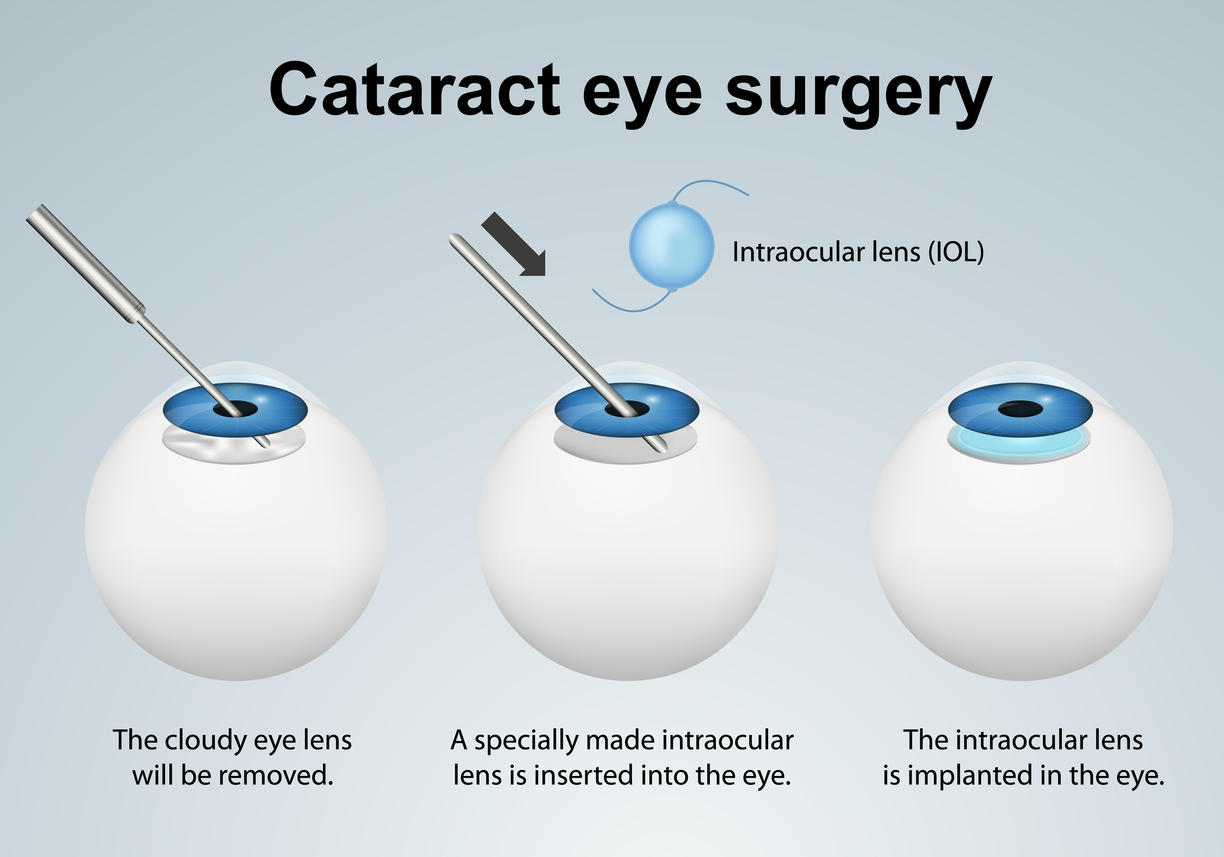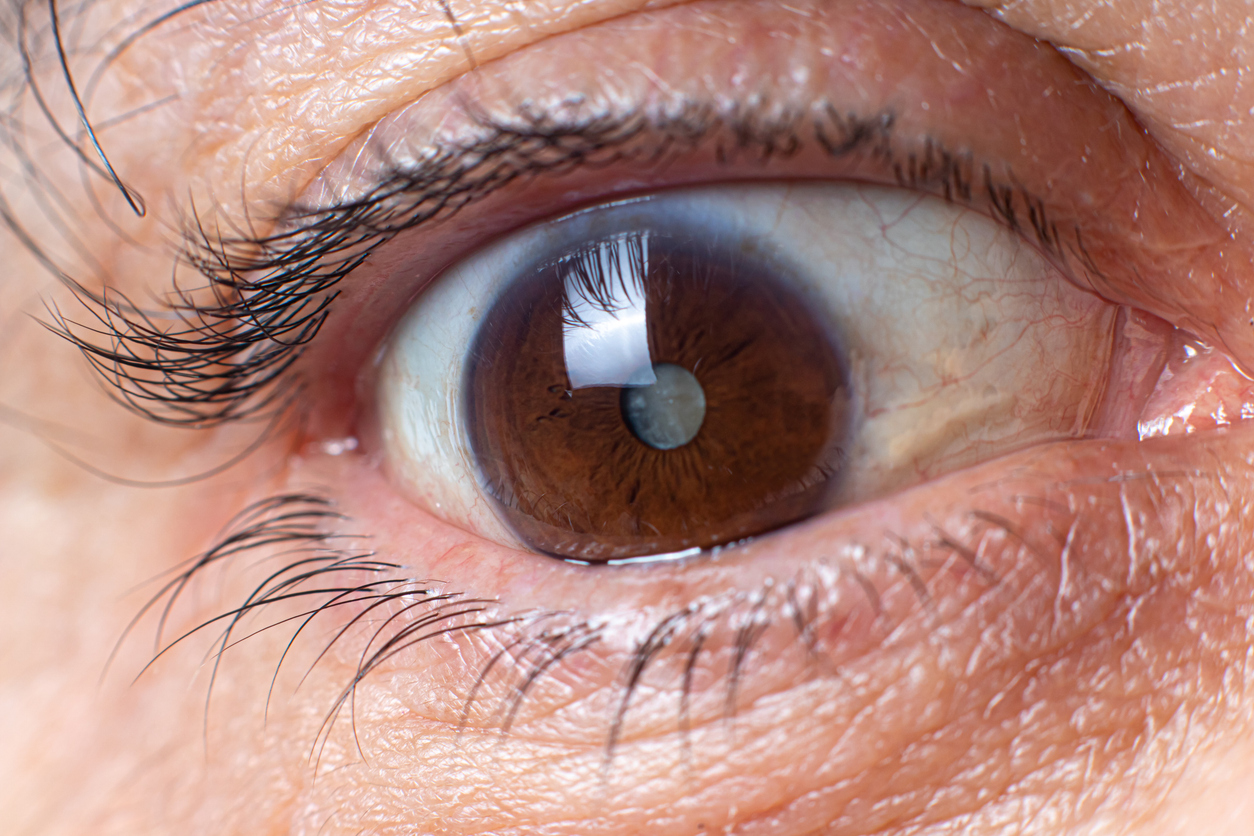Can You Wear Contact Lenses After Cataract Surgery?
For those wondering if contact lenses are an option after cataract surgery, the short answer is yes—it’s often possible to wear contacts, but it depends on a few important factors. After cataract surgery, many people find their vision greatly improved, especially if an intraocular lens (IOL) that corrects distance or near vision is implanted. However, there may still be cases where contact lenses are useful, particularly if specific vision needs or minor adjustments are needed that the IOL does not fully address.
In general, contact lens use after cataract surgery depends on the type of IOL selected, any residual vision issues, and the individual’s healing progress. Many find that advanced IOL options, such as multifocal or Light-Adjustable lenses, can significantly reduce or even eliminate the need for contacts or glasses. For those looking for additional clarity on whether contacts are a suitable choice after surgery, we’ll dive deeper into the details below.
Understanding Cataract Surgery and Vision Correction Options

Cataract surgery is a procedure designed to restore clear vision by removing the eye’s cloudy, natural lens and replacing it with an artificial intraocular lens (IOL). This surgery can greatly improve vision and quality of life, allowing many to return to normal activities with minimal visual disruption. One of the most impactful decisions during cataract surgery is selecting the right IOL, because it influences both the need for corrective eyewear post-surgery and the quality of vision in daily life.
There are different types of IOLs available, each offering unique benefits. Monofocal IOLs provide clear vision at a single distance, typically distance vision, which may still require reading glasses for close-up tasks. Multifocal and accommodative IOLs are designed to improve both near and distance vision, potentially reducing or eliminating the need for glasses or contact lenses. These advanced IOLs adjust for various focal points, allowing users to see clearly at multiple distances.
The choice of IOL can impact whether a person may need contact lenses after surgery. For those with a monofocal IOL, contact lenses could be beneficial for tasks like reading or computer work. For others with multifocal IOLs, contacts may not be necessary, as the lenses are specifically designed to provide a range of vision corrections. Understanding these options is essential for achieving the best possible vision correction after cataract surgery.
Factors That Influence Contact Lens Use After Surgery
Whether contact lenses are needed or suitable after cataract surgery depends on several factors unique to each patient’s eyes and visual goals. One of the main considerations is the type of intraocular lens (IOL) chosen during the surgery. For example, monofocal lenses correct vision at one specific distance, typically for seeing far away, which may leave patients needing glasses or contacts for reading or other close-up tasks. In contrast, multifocal or accommodative IOLs are designed to help with both near and distance vision, potentially eliminating the need for additional corrective lenses.
Other factors include any remaining refractive errors, such as astigmatism, that may not be fully corrected by the IOL. In these cases, contact lenses can be a helpful solution to refine vision clarity and adjust for these residual issues. Additionally, the healing process after cataract surgery may impact contact lens use. It’s essential to wait until the eye has fully healed, typically a few weeks post-surgery, and to consult with an eye doctor before introducing contacts.
Finally, personal visual goals and lifestyle needs play a role. Some patients may prefer contacts to avoid the need for reading glasses, while others may find that glasses suit their needs. By discussing these factors with an eye specialist, patients can determine whether contact lenses would be beneficial for their post-surgical vision and comfort.
Types of Contact Lenses for Post-Surgery Vision Needs

After cataract surgery, the type of contact lenses that may be beneficial will depend on the patient’s specific vision needs and any residual refractive errors. For those who had monofocal IOLs implanted, multifocal contact lenses might be considered to provide both near and distance vision correction, adding flexibility for daily activities without relying on reading glasses. Multifocal contacts offer multiple focal points, allowing for smoother transitions between different distances.
For patients with astigmatism, toric contact lenses are another option. These lenses are specifically designed to correct astigmatism and can help fine-tune vision for those with residual refractive needs after cataract surgery. If distance vision is already well-corrected by the IOL, but near vision needs improvement, reading contact lenses or monovision contacts might be a useful solution.
It’s also worth noting that patients may opt for soft contact lenses for comfort and flexibility, especially as the eyes continue to adjust in the months following surgery. Each type of lens serves a unique purpose, and the right choice depends on the level of vision correction needed, lifestyle preferences, and the recommendations of an eye care professional. Consulting with an eye doctor ensures that post-surgery contact lens options align with the individual’s overall vision goals.
Visionary Eye Doctors: Expert Post-Cataract Care and Customized Vision Solutions
For those navigating vision needs after cataract surgery, Visionary Eye Doctors provides a comprehensive approach to ensure each patient achieves the best possible vision outcome. We understand that every eye and every patient is unique, and we’re here to support your post-surgical journey with personalized care and expert recommendations.
At Visionary Eye Doctors, we offer a thorough post-surgical assessment to evaluate how well the intraocular lens (IOL) has met your vision needs and to identify any additional adjustments that may enhance your vision further. Our team of skilled eye doctors works closely with each patient to discuss options for contact lenses, reading glasses, or other vision correction solutions based on their individual lifestyle and visual goals.
With a commitment to advanced eye care, we provide access to the latest in IOL technology and post-surgical solutions. Whether you’re interested in exploring multifocal contact lenses, toric lenses for astigmatism, or simply want guidance on the best approach for optimal vision, our specialists are here to help. Visionary Eye Doctors takes pride in serving the Washington, D.C., area with compassionate, high-quality eye care that restores and enhances our patients’ vision.
If you’re ready to take the next step in your post-cataract care journey, schedule a consultation with Visionary Eye Doctors today. Let us help you achieve clarity, comfort, and confidence in your vision.



